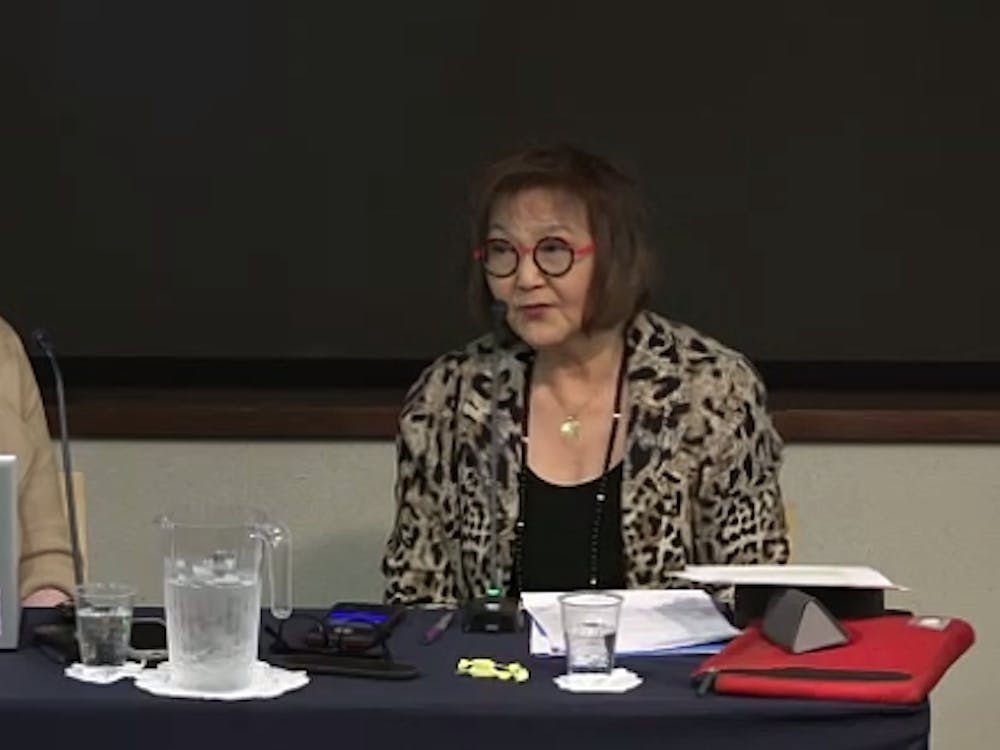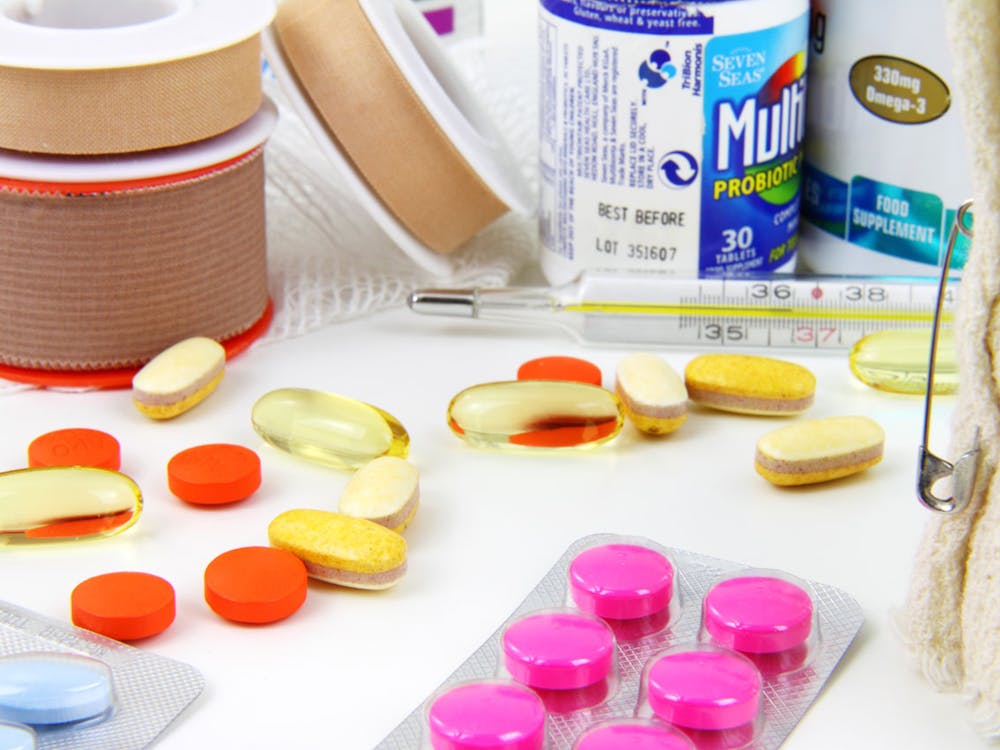Go ahead and drink a coffee after your 9 a.m. class. That cup of caffeinated goodness may help you transfer the lecture material from your scrawled notes to your long-term memory.
According to a paper published in Nature Neuroscience by a team of researchers from Hopkins, caffeine enhances memory for up to 24 hours after consumption. The researchers conducted a double blind study on participants who do not regularly eat or drink caffeinated products. These participants were asked to memorize a series of images.
After being shown the images, the participants were either given a 200mg caffeine tablet, which is about the equivalent of one strong cup of coffee or two espressos, or a placebo. Salivary samples were taken to measure caffeine levels before administration of the tablets and then one hour, three hours and 24 hours after administration.
24 hours after the placebo and caffeine tablets were given, the participants were shown a set of visuals that included images from the day before, new images and images that were similar to those of the day before. They were then asked to recognize images from the previous day’s session. The caffeine group had more members than the placebo group who were able to correctly identify the similar images as slightly different from the previous day’s images, rather than incorrectly identifying them as the same.
Daniel Borota, the lead author of the paper and an undergraduate at Hopkins, was first drawn to this study because of the prevalence of coffee on college campuses. “Caffeine is everywhere,” Borota wrote in an email to The News-Letter. “They don’t call it the world’s most popular psychoactive drug for nothing.” In fact, 90 percent of people consume caffeine worldwide. In the U.S., the average adult ingests about 200mg of caffeine per day. The Hopkins researchers used this average amount in their caffeine pills to make the results applicable to the general population of caffeine consumers.
While caffeine is extremely popular worldwide, its effects on long-term memory have not been widely researched. Borota discovered this lack of information shortly after joining the lab of Michael Yassa, who until recently was an assistant professor of psychological and brain sciences at Hopkins, in his freshman year. “I did a little literature search and, to my surprise, no one had investigated the effect of caffeine on long-term memory in humans before. I brought up the idea with Mike, and he was pretty enthused by it. He was very supportive,” Borota wrote.
The study is a great example of interdisciplinary research, since it required work from Yassa’s lab in the Department of Psychological and Brain Sciences and the lab of John Toscana in the department of chemistry at the University. Borota wrote that the study was interdisciplinary by design: “I am a big proponent of interdisciplinary research because each department beings another perspective to the table.”
The study also draws from talent in many levels of academia. In addition to Borota, Yassa and Toscana, the authors of the study include Elizabeth Murray, a research program coordinator in the Department of Psychological Brain Sciences; Gizem Kecili, a graduate student in the chemistry department; and Allen Chang, Maria Ly and Joseph Watabe, three undergraduates in the Department of Psychological and Brain Sciences.
Looking forward, Borota wants to look into the mechanisms behind caffeine’s actions. “The next step is to determine the mechanism by which caffeine enhances memory consolidation in humans. We have the behavioral evidence that it does. Now we just need to find out why,” he wrote. However, further research collaboration between Borota and Yassa may be difficult. Yassa’s lab recently moved to the University of California, Irvine and Borota is looking to apply to medical school in the spring.




